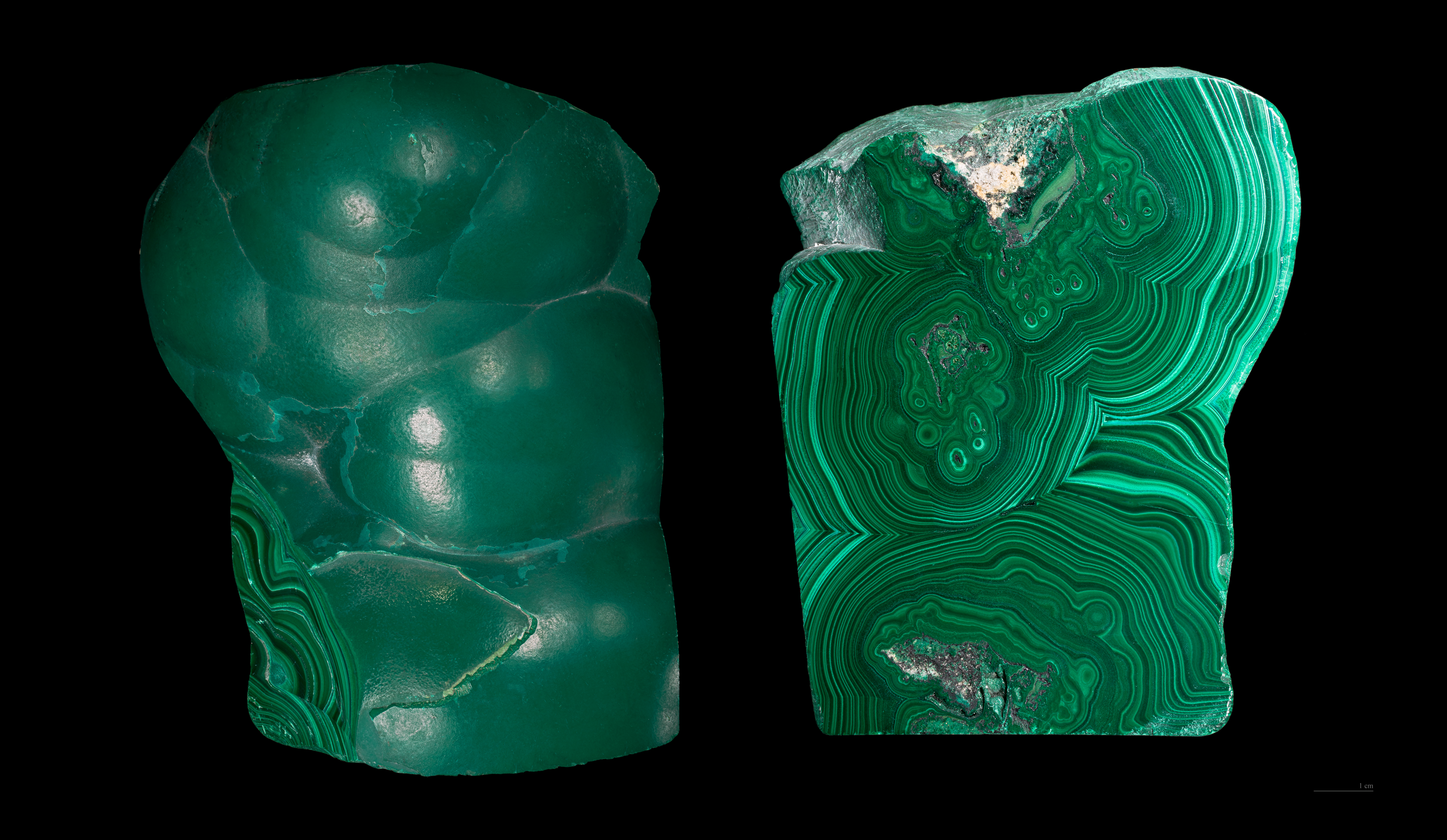|
The World Bank In The Democratic Republic Of The Congo
The World Bank Group is a family of five international organizations, which has continuously given leverage loans and financial assistance to developing nations like the Democratic Republic of the Congo, commonly known as the DRC. The country has received assistance from the World Bank in the form of social programs in order to induce and sustain economic development. This assistance has been directed toward conflict prevention, investments in education, and addressing environmental degradation. The DRC has an abundance of natural resources, such as minerals, human capital, water and livestock. Primarily due to this abundance, the World Bank sees the DRC as a developing nation with high possibility for economic growth, to the benefit of not only the country, but potentially to the entirety of the African continent. Over the years, the DRC has made substantial economic progress as demonstrated by their increased security, advancing economy, and introduction to democratic gover ... [...More Info...] [...Related Items...] OR: [Wikipedia] [Google] [Baidu] |
Millennium Development Goals
The Millennium Development Goals (MDGs) were eight international development goals for the year 2015 that had been established following the Millennium Summit of the United Nations in 2000, following the adoption of the United Nations Millennium Declaration. These were based on the OECD DAC International Development Goals agreed by Development Ministers in the "Shaping the 21st Century Strategy". The Sustainable Development Goals (SDGs) succeeded the MDGs in 2016. All 191 United Nations member states, and at least 22 international organizations, committed to help achieve the following Millennium Development Goals by 2015: # To eradicate extreme poverty and hunger # To achieve universal primary education # To promote gender equality and empower women # To reduce child mortality # To improve maternal health # To combat HIV/AIDS, malaria, and other diseases # To ensure environmental sustainability # To develop a global partnership for development Each goal had specific targets, a ... [...More Info...] [...Related Items...] OR: [Wikipedia] [Google] [Baidu] |
Foreign Relations Of The Democratic Republic Of The Congo
Its location in the center of Africa has made the Democratic Republic of the Congo (at one time known as Zaire) a key player in the region since independence. Because of its size, mineral wealth, and strategic location, Zaire was able to capitalize on Cold War tensions to garner support from the West. In the early 1990s, however, with the end of the Cold War and in the face of growing evidence of human rights abuses, Western support waned as pressure for internal reform increased. The Democratic Republic of the Congo is in the grip of a civil war that has drawn in military forces from neighboring states, with Ugandan, Burundian, and Rwandan forces helping the rebel movement which occupies much of the eastern portion of the state. One problem is the continuing theft of mineral resources, such as coltan, by occupying forces. One estimate has the Rwandan army making $350 million in 48 months from the sale of coltan, even though Rwanda has no coltan deposits. Not only can the DRC n ... [...More Info...] [...Related Items...] OR: [Wikipedia] [Google] [Baidu] |
Social Issues In The Democratic Republic Of Congo
''The Democratic Republic of the Congo'' is a country located in central Africa. Poverty The Democratic Republic of Congo(DRC) has one of the highest incidences of poverty in the world. And unfortunately it is still going on. DRC is #1 out of 11 top poor countries in the world (2014) At a rate of 71.34, its incidence of poverty is “extremely high”, even in comparison with other central African countries. However, this poverty is not evenly distributed. The IMF estimates that poverty is more prevalent in rural areas (75.72%) than in urban areas (61.49%), while the provinces of Équateur, Bandundu and Sud-Kivu have a poverty incidence of over 85% compared to Kinshasa’s 42%. The DRC’s high incidence of poverty is partly attributable to the ethnic conflict that spilled over from neighboring Rwanda and an ongoing civil war between government troops and rebel groups in Eastern Congo. The sustained levels of violence have caused massive infrastructural damage, internal ... [...More Info...] [...Related Items...] OR: [Wikipedia] [Google] [Baidu] |
Gécamines
La Générale des Carrières et des Mines (Gécamines) is a Congolese commodity trading and mining company headquartered in Lubumbashi, in the Katanga region of the Democratic Republic of Congo. It is a state-controlled corporation founded in 1966 and a successor to the Union Minière du Haut-Katanga. Gecamines is engaged in the exploration, research, exploitation and production of mineral deposits including copper and cobalt. One of the largest mining companies in Africa, and the biggest in the Democratic Republic of Congo, Gécamines sits on the world's greatest deposit of cobalt and has some of the world's largest deposits of copper. Copper mines in which Gécamines has a major interests include, but are not limited to, Kambove, Kipushi, Kamfundwa and Kolwezi. Located in the mineral-rich Katanga Province, Gécamines is currently going through a multi-year, multi-billion reorganization strategic development plan with the main objective of repositioning itself as one of t ... [...More Info...] [...Related Items...] OR: [Wikipedia] [Google] [Baidu] |
Katanga Province
Katanga was one of the four large provinces created in the Belgian Congo in 1914. It was one of the eleven provinces of the Democratic Republic of the Congo between 1966 and 2015, when it was split into the Tanganyika Province, Tanganyika, Haut-Lomami, Lualaba Province, Lualaba, and Haut-Katanga provinces. Between 1971 and 1997 (during the rule of Mobutu Sese Seko when Congo was known as Zaire), its official name was Shaba Province. Katanga's area encompassed . Farming and ranching are carried out on the Katanga Plateau. The eastern part of the province is considered to be a rich mining region, which supplies cobalt, copper, tin, radium, uranium, and diamonds. The region's former capital, Lubumbashi, is the second-largest city in the Congo. History Copper mining in Katanga dates back over 1,000 years, and mines in the region were producing standard-sized ingots of copper for international transport by the end of the 10th century CE. In the 1890s, the province was beleaguered ... [...More Info...] [...Related Items...] OR: [Wikipedia] [Google] [Baidu] |
2018-2019 Kivu Ebola Outbreak
The Kivu Ebola epidemic was an outbreak of Ebola virus disease (EVD) that ravaged the eastern Democratic Republic of the Congo (DRC) in Central Africa from 2018 to 2020. Between 1 August 2018 and 25 June 2020 it resulted in 3,470 reported cases. The Kivu outbreak also affected Ituri Province, whose first case was confirmed on 13 August 2018. In November 2018, the outbreak became the biggest Ebola outbreak in the DRC's history, and had become the second-largest Ebola outbreak in recorded history worldwide, behind only the 2013–2016 Western Africa epidemic. In June 2019, the virus reached Uganda, having infected a 5-year-old Congolese boy who entered Uganda with his family, but was contained. A military conflict in the region that had begun in January 2015 hindered treatment and prevention efforts. The World Health Organization (WHO) described the combination of military conflict and civilian distress as a potential "perfect storm" that could lead to a rapid worsening of t ... [...More Info...] [...Related Items...] OR: [Wikipedia] [Google] [Baidu] |
OHADA
OHADA is a system of corporate law and implementing institutions adopted by seventeen West and Central African nations in 1993 in Port Louis, Mauritius before it was revised in 2008 in Quebec, Canada. OHADA is the acronym for the French "''Organisation pour l'harmonisation en Afrique du droit des affaires''", which translates into English as "Organisation for the Harmonisation of Corporate Law in Africa". The OHADA Treaty is made up today of 17 African states. Initially fourteen African countries signed the treaty, with two countries (Comoros and Guinea) subsequently adhering to the treaty and a third (the Democratic Republic of Congo) joined on 12 September 2012. The Treaty is open to all states, whether or not they are members of the Organisation of African Unity. OHADA was created with the objective of fostering economic development in West and Central Africa by creating a better investment climate so as to attract investment in a 225 million-consumer market. Characteristics As ... [...More Info...] [...Related Items...] OR: [Wikipedia] [Google] [Baidu] |
Human Capital
Human capital is a concept used by social scientists to designate personal attributes considered useful in the production process. It encompasses employee knowledge, skills, know-how, good health, and education. Human capital has a substantial impact on individual earnings. Research indicates that human capital investments have high economic returns throughout childhood and young adulthood. Companies can invest in human capital, for example, through education and training, enabling improved levels of quality and production. As a result of his conceptualization and modeling work using Human Capital as a key factor, the 2018 Nobel Prize for Economics was jointly awarded to Paul Romer, who founded the modern innovation-driven approach to understanding economic growth. In the recent literature, the new concept of task-specific human capital was coined in 2004 by Robert Gibbons, an economist at MIT, and Michael Waldman, an economist at Cornell University. The concept emphasizes ... [...More Info...] [...Related Items...] OR: [Wikipedia] [Google] [Baidu] |
Human Rights
Human rights are Morality, moral principles or Social norm, normsJames Nickel, with assistance from Thomas Pogge, M.B.E. Smith, and Leif Wenar, 13 December 2013, Stanford Encyclopedia of PhilosophyHuman Rights Retrieved 14 August 2014 for certain standards of human behaviour and are regularly protected in Municipal law, municipal and international law. They are commonly understood as inalienable,The United Nations, Office of the High Commissioner of Human RightsWhat are human rights? Retrieved 14 August 2014 fundamental rights "to which a person is inherently entitled simply because she or he is a human being" and which are "inherent in all human beings",Burns H. Weston, 20 March 2014, Encyclopædia Britannicahuman rights Retrieved 14 August 2014. regardless of their age, ethnic origin, location, language, religion, ethnicity, or any other status. They are applicable everywhere and at every time in the sense of being Universality (philosophy), universal, and they are Egalitari ... [...More Info...] [...Related Items...] OR: [Wikipedia] [Google] [Baidu] |
United States Agency For International Development
The United States Agency for International Development (USAID) is an independent agency of the U.S. federal government that is primarily responsible for administering civilian foreign aid and development assistance. With a budget of over $27 billion, USAID is one of the largest official aid agencies in the world and accounts for more than half of all U.S. foreign assistance—the highest in the world in absolute dollar terms. Congress passed the Foreign Assistance Act on September 4, 1961, which reorganized U.S. foreign assistance programs and mandated the creation of an agency to administer economic aid. USAID was subsequently established by the executive order of President John F. Kennedy, who sought to unite several existing foreign assistance organizations and programs under one agency. USAID became the first U.S. foreign assistance organization whose primary focus was long-term socioeconomic development. USAID's programs are authorized by Congress in the Foreign Assistanc ... [...More Info...] [...Related Items...] OR: [Wikipedia] [Google] [Baidu] |
Multilateral Investment Guarantee Agency
The Multilateral Investment Guarantee Agency (MIGA) is an international financial institution which offers political risk insurance and credit enhancement guarantees. These guarantees help investors protect foreign direct investments against political and non-commercial risks in developing countries. MIGA is a member of the World Bank Group and is headquartered in Washington, D.C. in the United States. MIGA was established in 1988 as an investment insurance facility to encourage confident investment in developing countries. MIGA is owned and governed by its member states, but has its own executive leadership and staff which carry out its daily operations. Its shareholders are member governments that provide paid-in capital and have the right to vote on its matters. It insures long-term debt and equity investments as well as other assets and contracts with long-term periods. The agency is assessed by the World Bank's Independent Evaluation Group each year. History In September ... [...More Info...] [...Related Items...] OR: [Wikipedia] [Google] [Baidu] |




.jpg)

